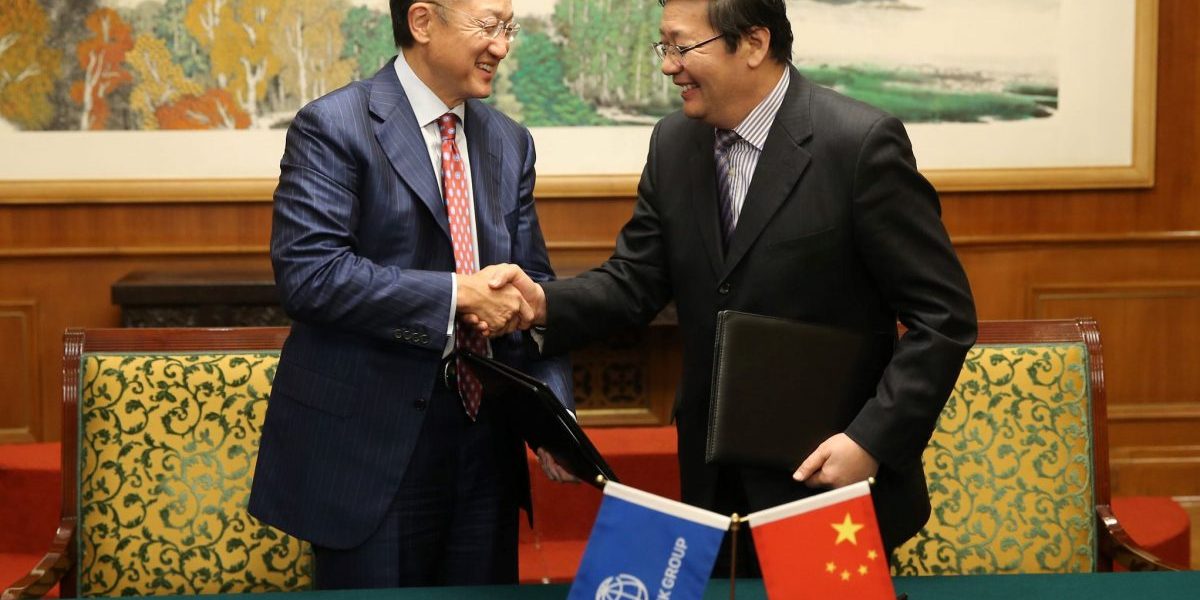In this paper, I examine both factors using geocoded data on China and the World Bank’s grant and loan flow to 48 African countries from 2000 to 2012. In contrast to most of the existing empirical research, I found that the more democratic a regime is, the more likely co-ethnic regions of the incumbent leader are to receive development finance. I then focus on case studies of elections in a hybrid regime, Zambia, and an autocratic regime, Ethiopia. The core argument is that domestic politics play a bigger role than donors’ conditionality in the subnational distribution of development finance. The widespread competitive clientelism in many African countries puts more political survival pressure on democratic leaders to target their co-ethnic regions, while autocratic leaders only need to secure the support of a small circle of elites. This research has broader implications for understanding how political competition feeds clientelism in weak institutions.








